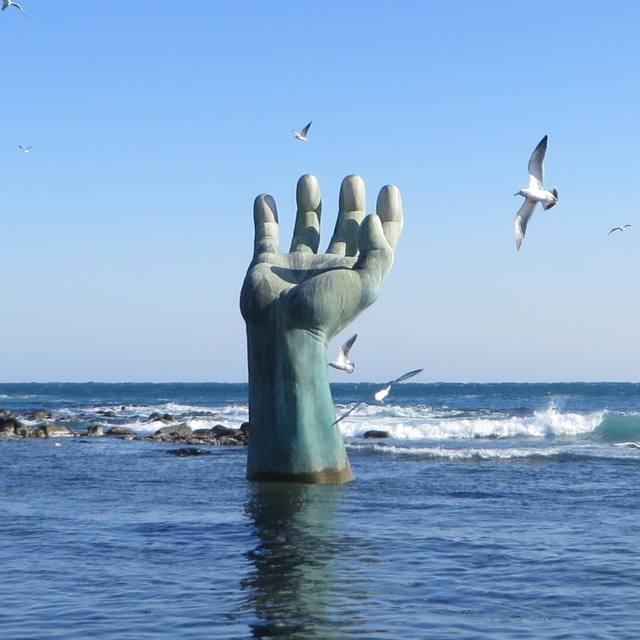
Running 4 Resettlement — Josephine
 Fundraiser by Josephine
Fundraiser by Josephine
This fundraiser supports R4R 2015
About This Fundraiser
Introduction
While living in Korea for the last two years I have had the opportunity to volunteer with a few North Korean Defectors living in South Korea. Before coming to Korea I didn’t really know that much about the situation between the two Koreas or the situations of those who live in them — it wouldn’t be hard to say that my understanding has doubled since I first arrived. I’m not an expert by any means, but I hope I can share with you what I have learned and why this topic is important enough to me that I am willingly running (read: walking, crawling) a 5k on June 14th.
What I didn’t know
Almost everything. I didn’t know what made someone a North Korean defector as opposed to a refugee as opposed to an immigrant. I didn’t know how people could defect from North Korea — where does the information and the opportunity come from? I didn’t know what I could do to help.
What I have learned
While North Korean defectors are also classified as refugees, within South Korea they are referred to as defectors because officially South Korea does not recognize North Korea as an independent country. However, in China and some other parts of the world North Koreans who have escaped the country are not even treated as refugees, but are called illegal migrant workers. As such North Koreans in these ‘third countries’ are at constant risk of discovery and repatriation to North Korea where they face the notorious prison camps.
How do most North Koreans reach these other countries in the first place? These days, many defectors receive aid from ‘brokers’ who are paid by family members who have already defected to the South, but many people still defect on their own volition. Traveling directly into South Korea by land or sea is effectively impossible now and so most defector’s journeys begin in China. While in China women are vulnerable to trafficking and forced marriages. Their children have no rights in China and face complicated classification in South Korea.
If successful, defectors then travel from China to South Korea or, more commonly, to a ‘third country’ where they can more safely declare themselves at a South Korean embassy. After declaring themselves, defectors still face long periods of time waiting in the embassy while their paperwork is processed and interrogation and re-education on their arrival in South Korea. Only then can they begin the journey of adjusting to life in South Korea.
Most of the North Korean Defectors I have worked with in the last two years have been college students, though often several years older than that label might suggest. They are bright, motivated and hopeful despite balancing an extreme schedule of school, part-time jobs and supplemental tutoring often without the support of family.
What we can do
In about a month I will be running a 5k to support Running 4 Resettlement — a fundraising initiative to aid the resettlement process of North Koreans in South Korea. My fundraising goal is $250, every dollar of which will go to the Citizen Alliance for North Korean Human Rights Rescue Fund. NKHR is the oldest non-profit devoted specifically to human rights in North Korea and the Rescue Fund is devoted to rescuing North Korean defectors currently stuck in third countries. Even a small donation will make a big difference in NKHR’s ability to bring more North Korean defectors out of third countries so that they can begin the resettlement process.
*Disclaimer: Running 4 Resettlement is not affiliated with the Fulbright Program.
Thank you for reading!
R4R’s website: http://running4resettlement.weebly.com/
NKHR Rescue Fund: http://www.nkhrrescuefund.org/
For more information on North Korean Human Rights Abuses: http://eng.nkhumanrights.or.kr/nkhr/situation/situation.php
Recent Supporters
-
 Clive
10 years ago
Clive
10 years ago
About R4R 2015

